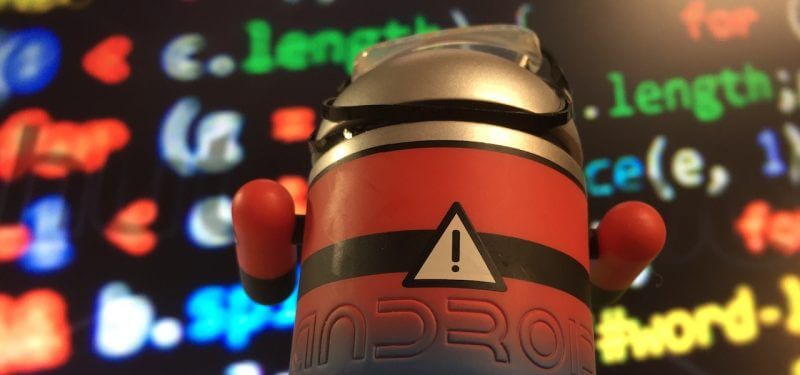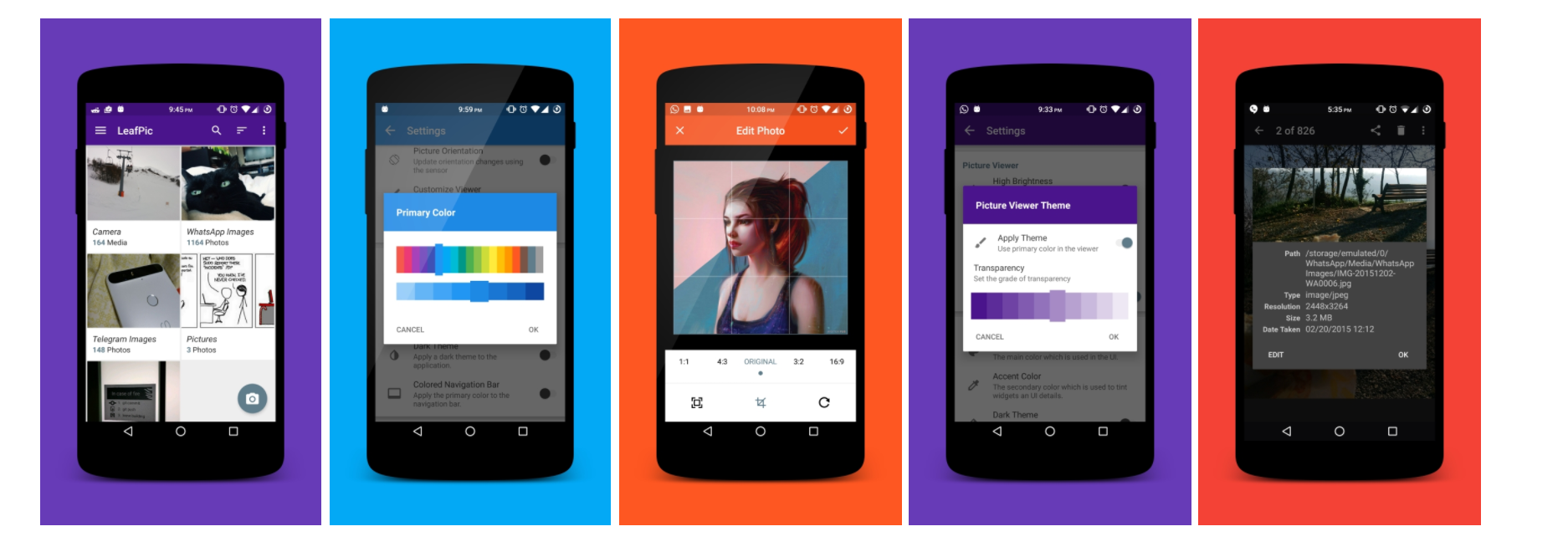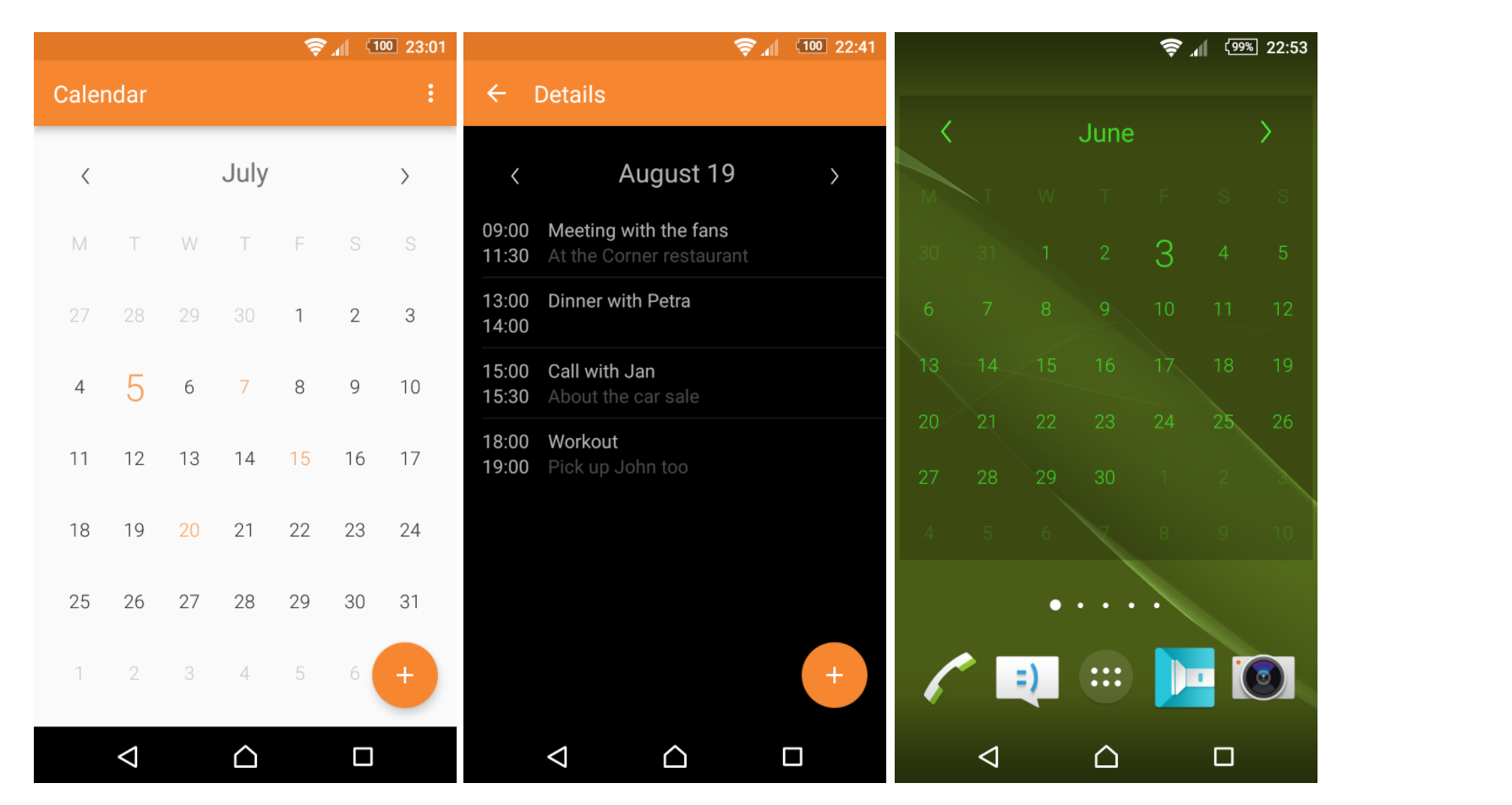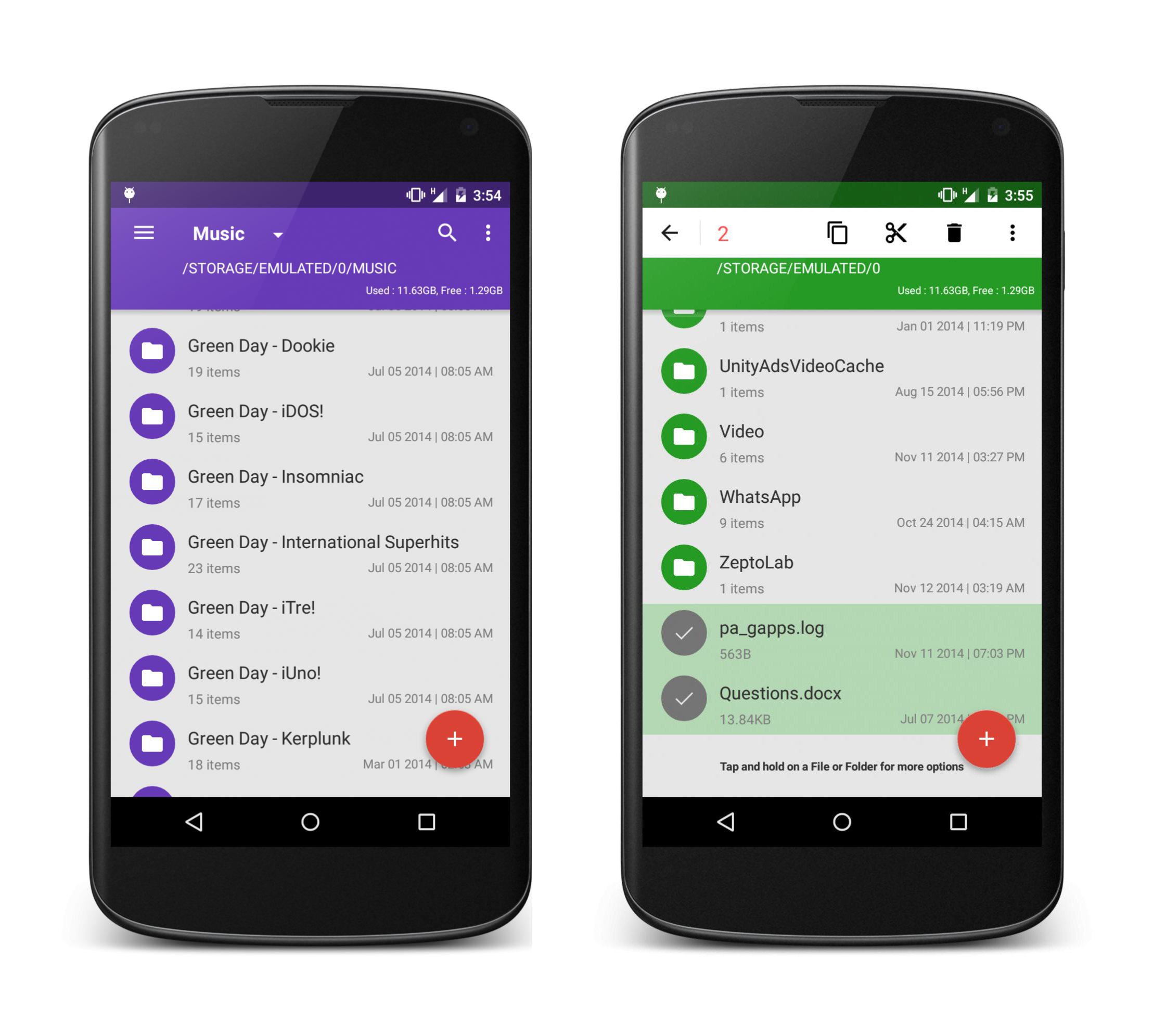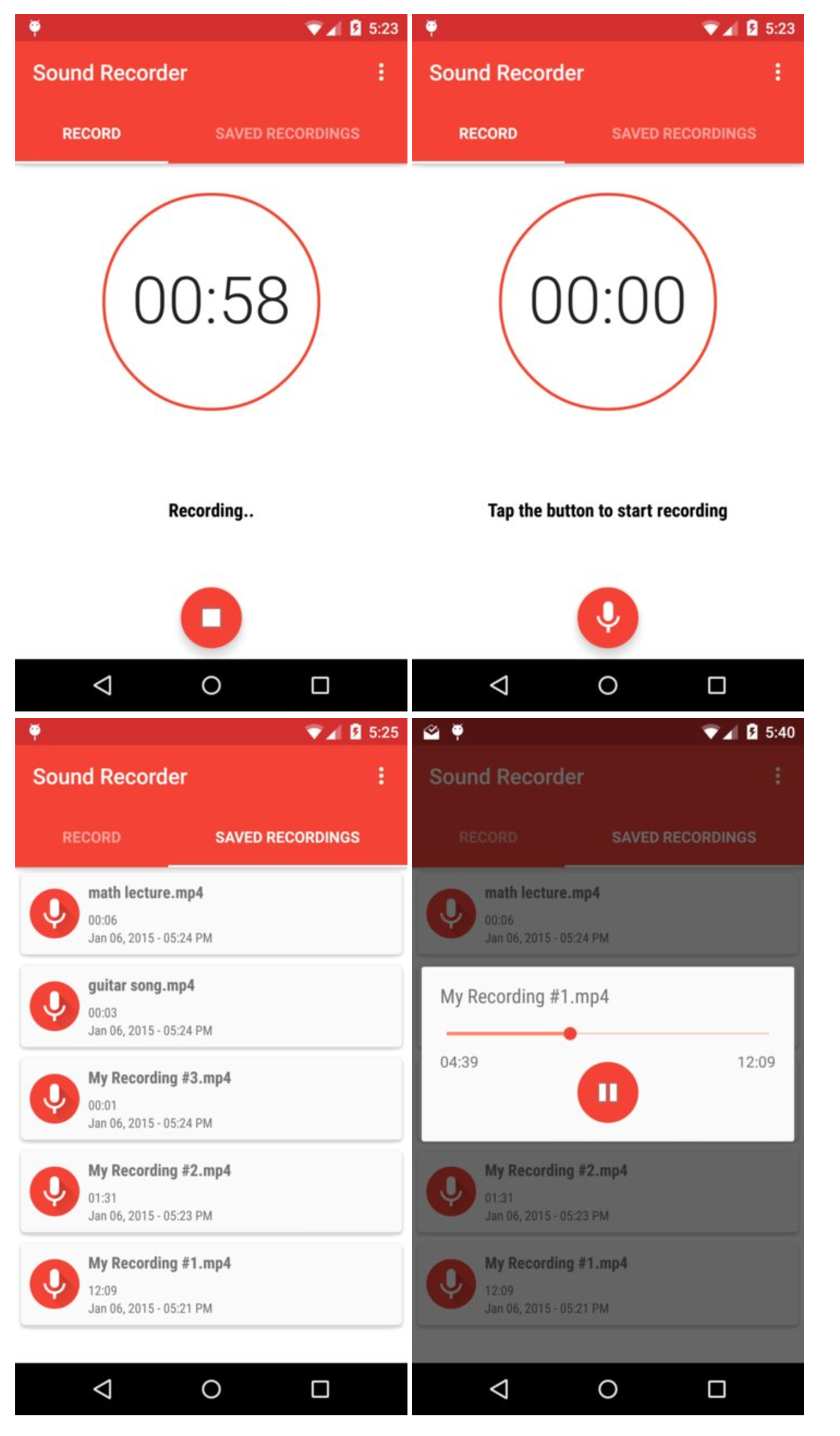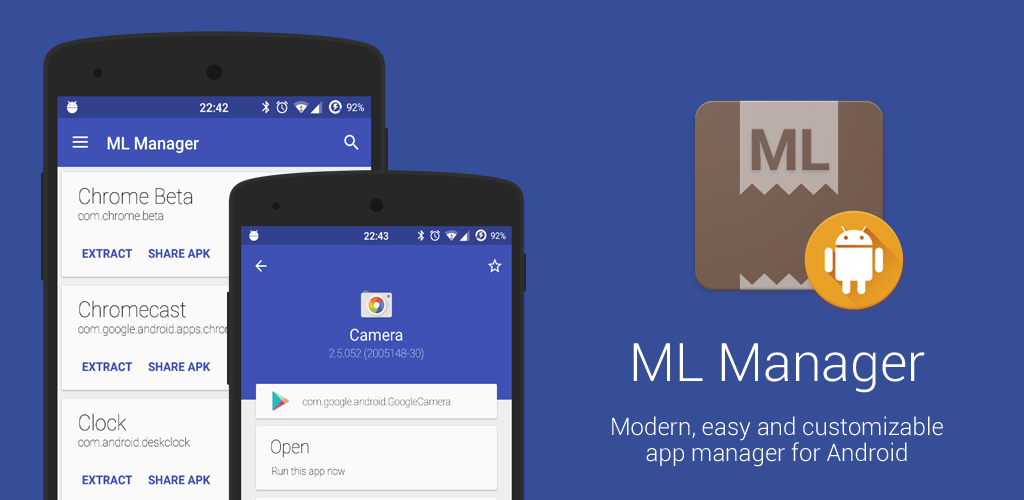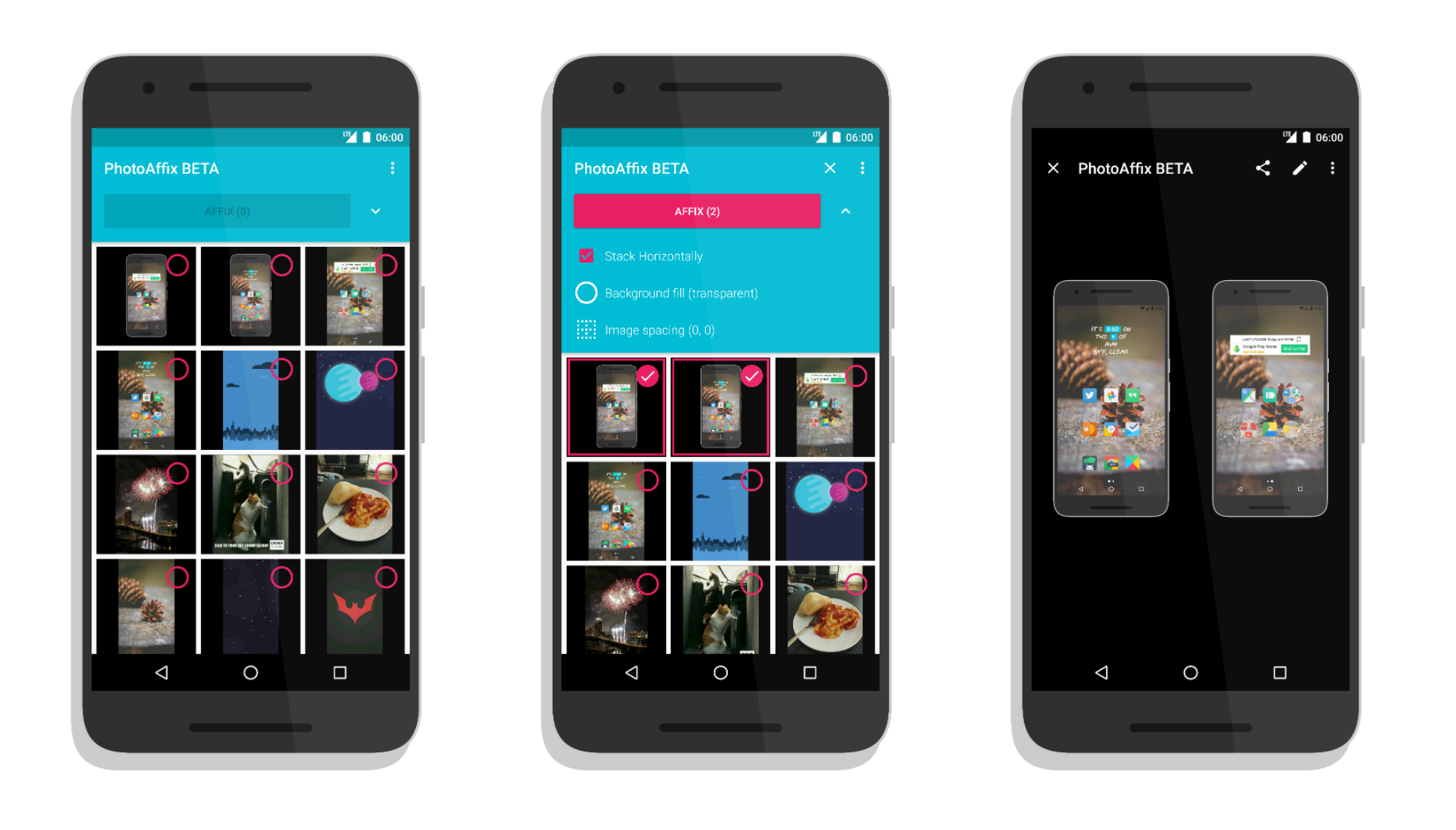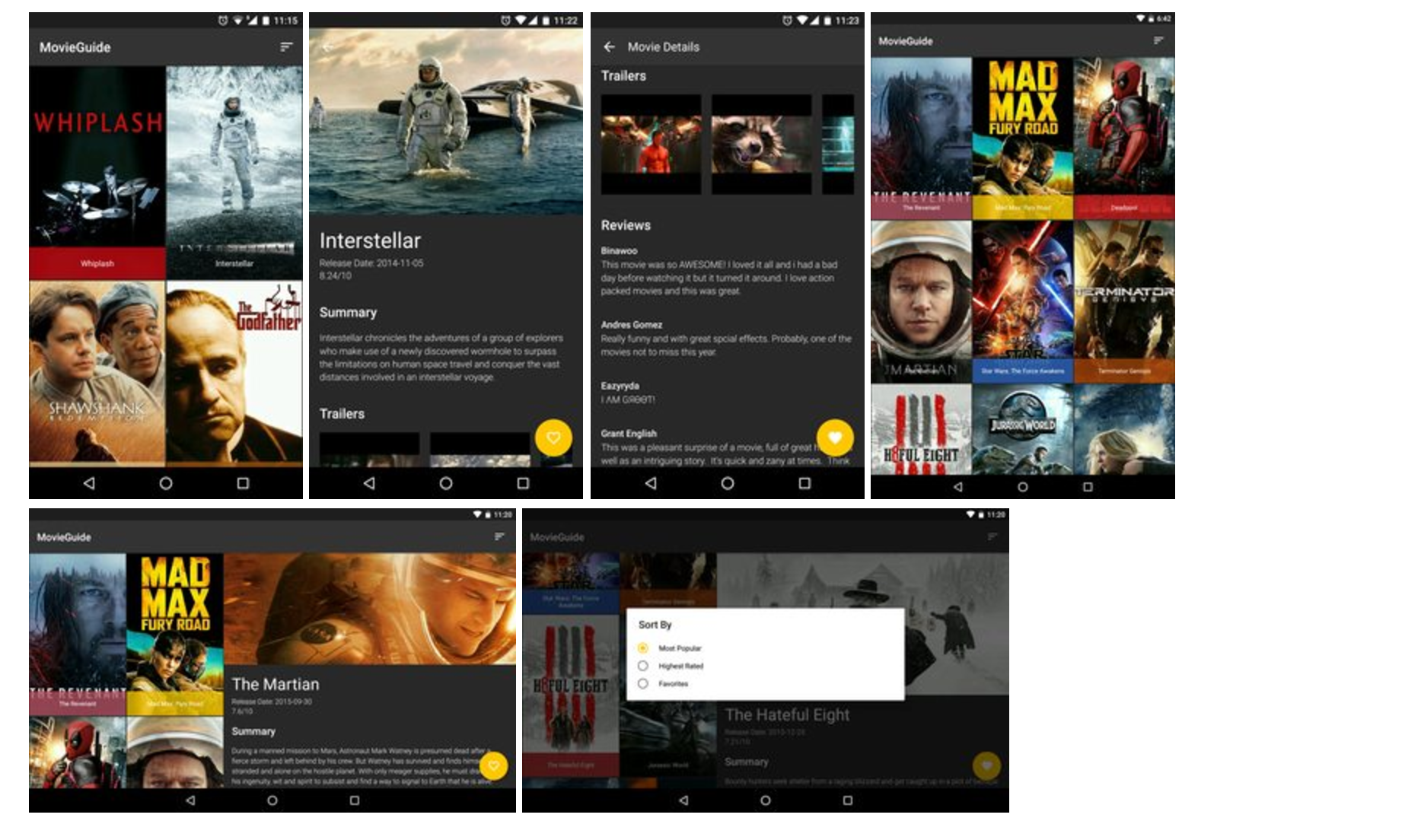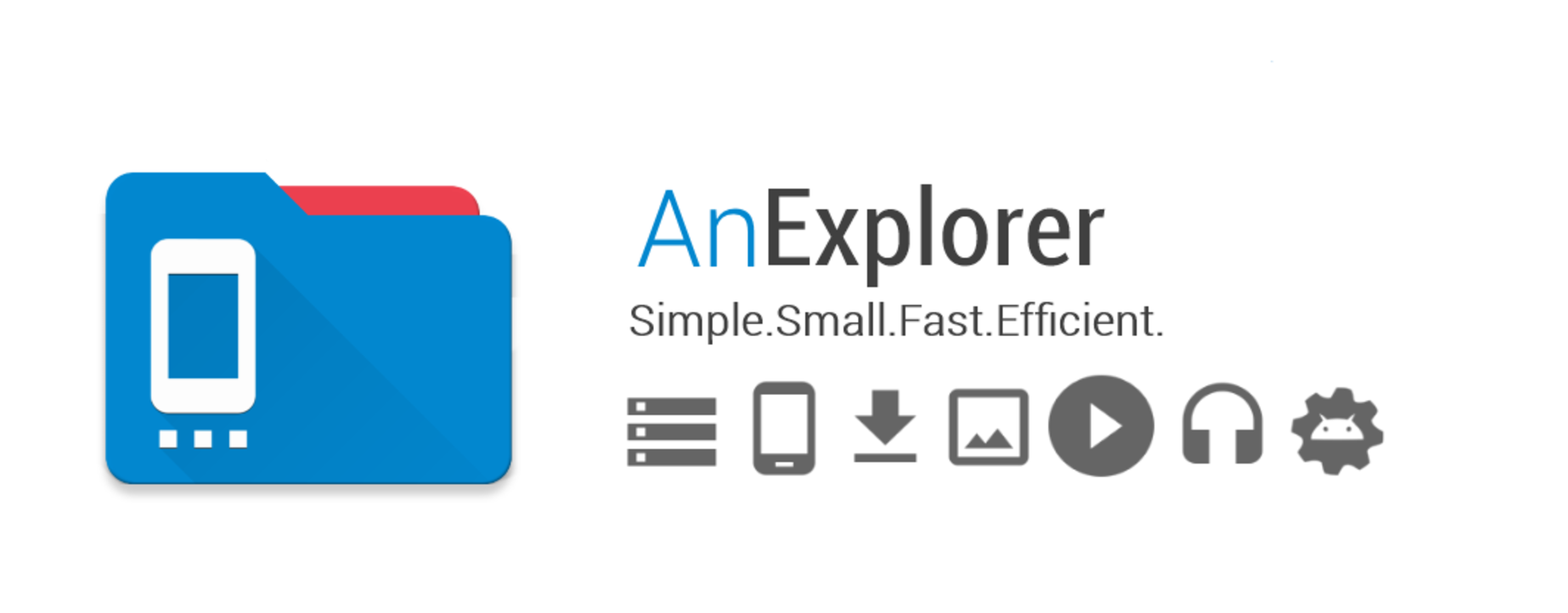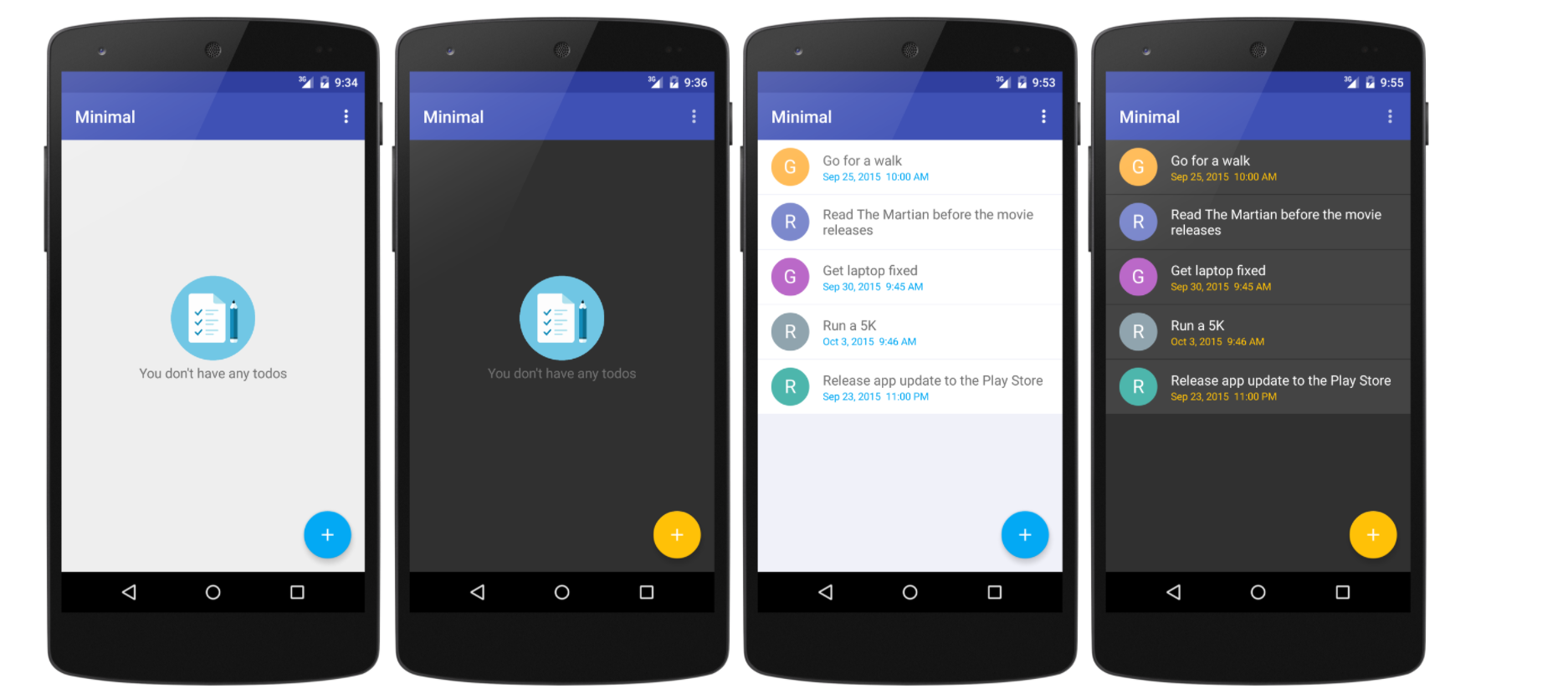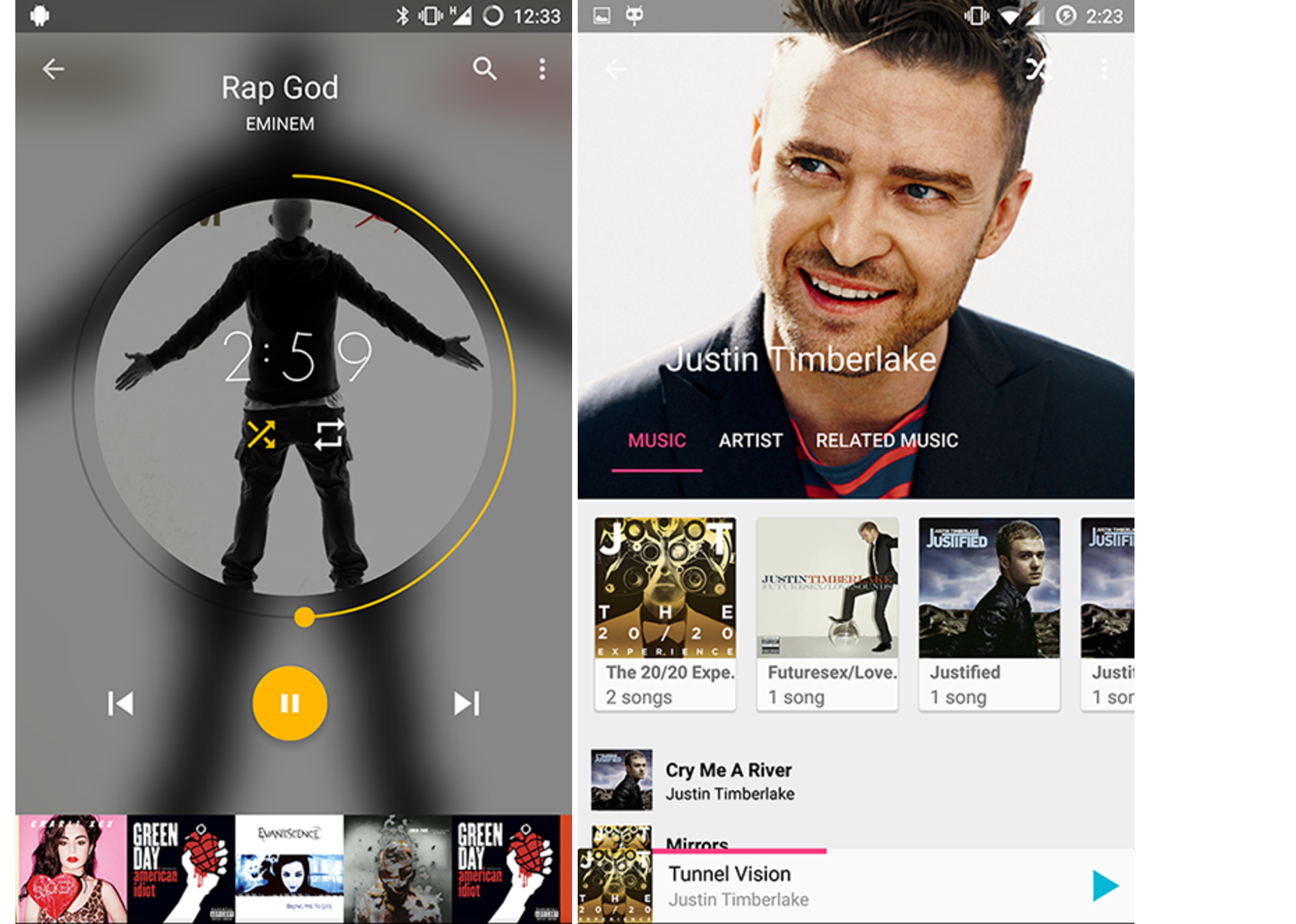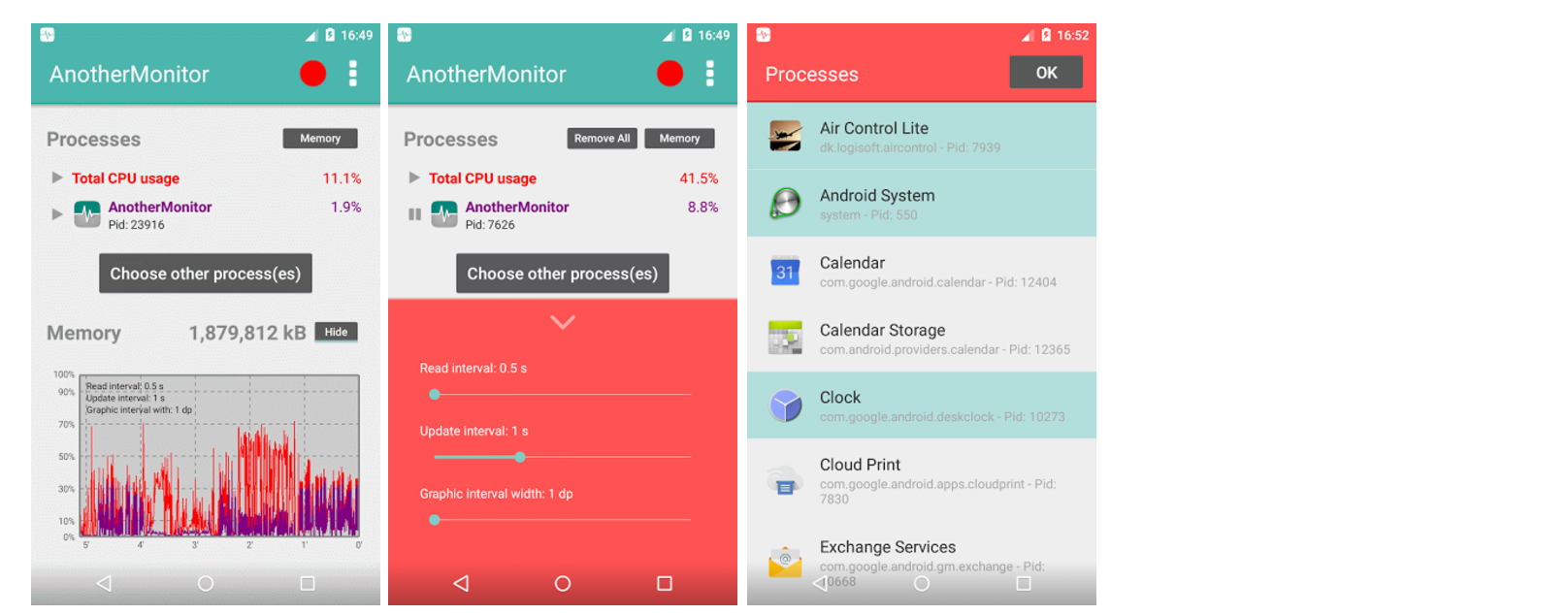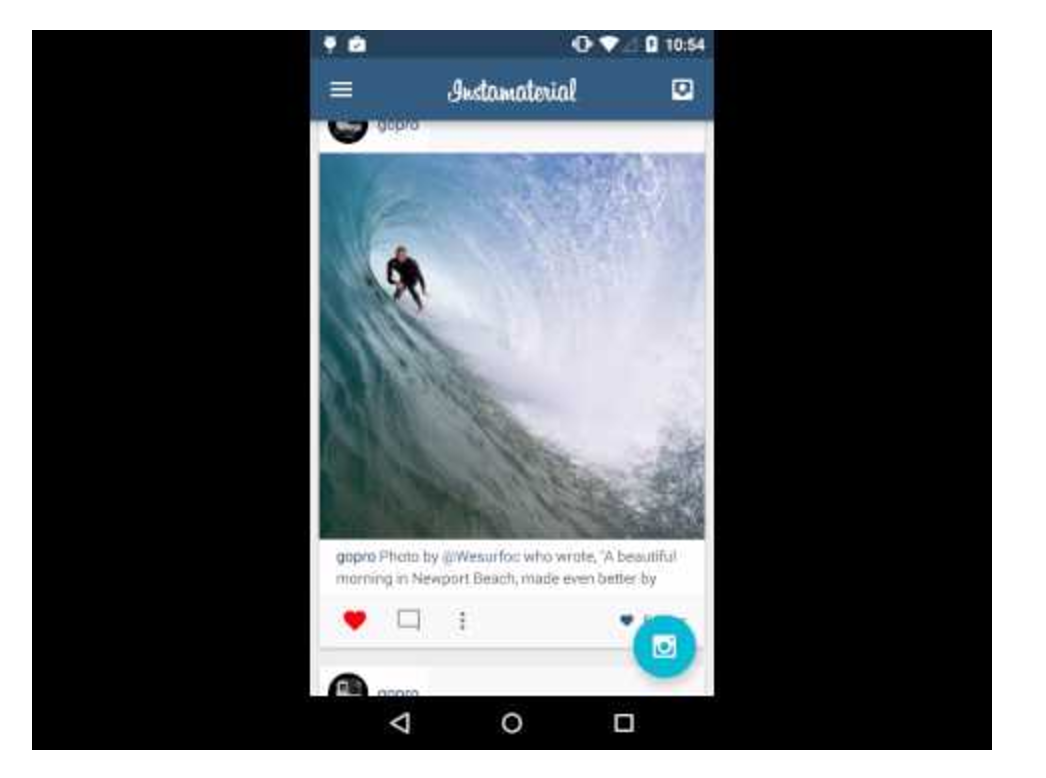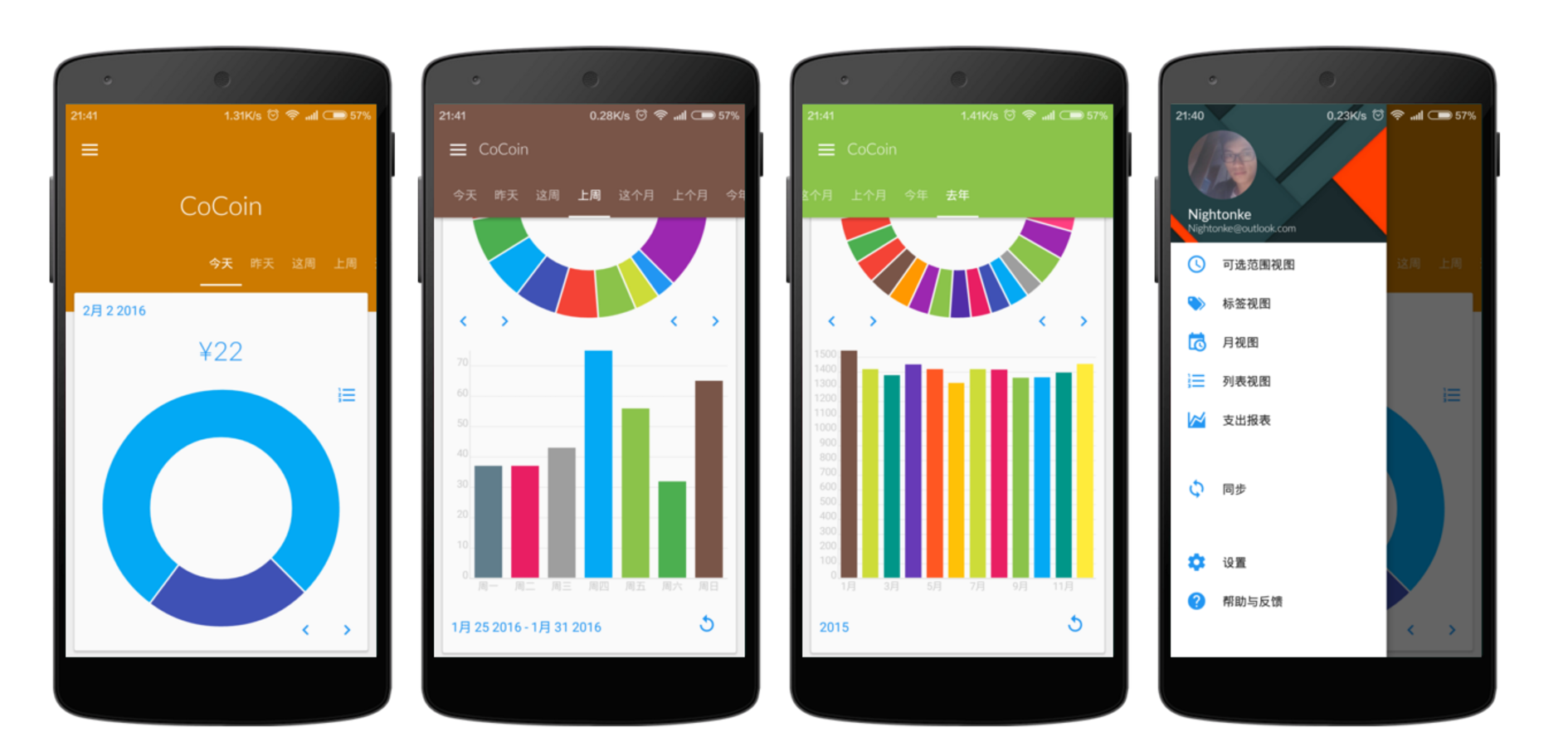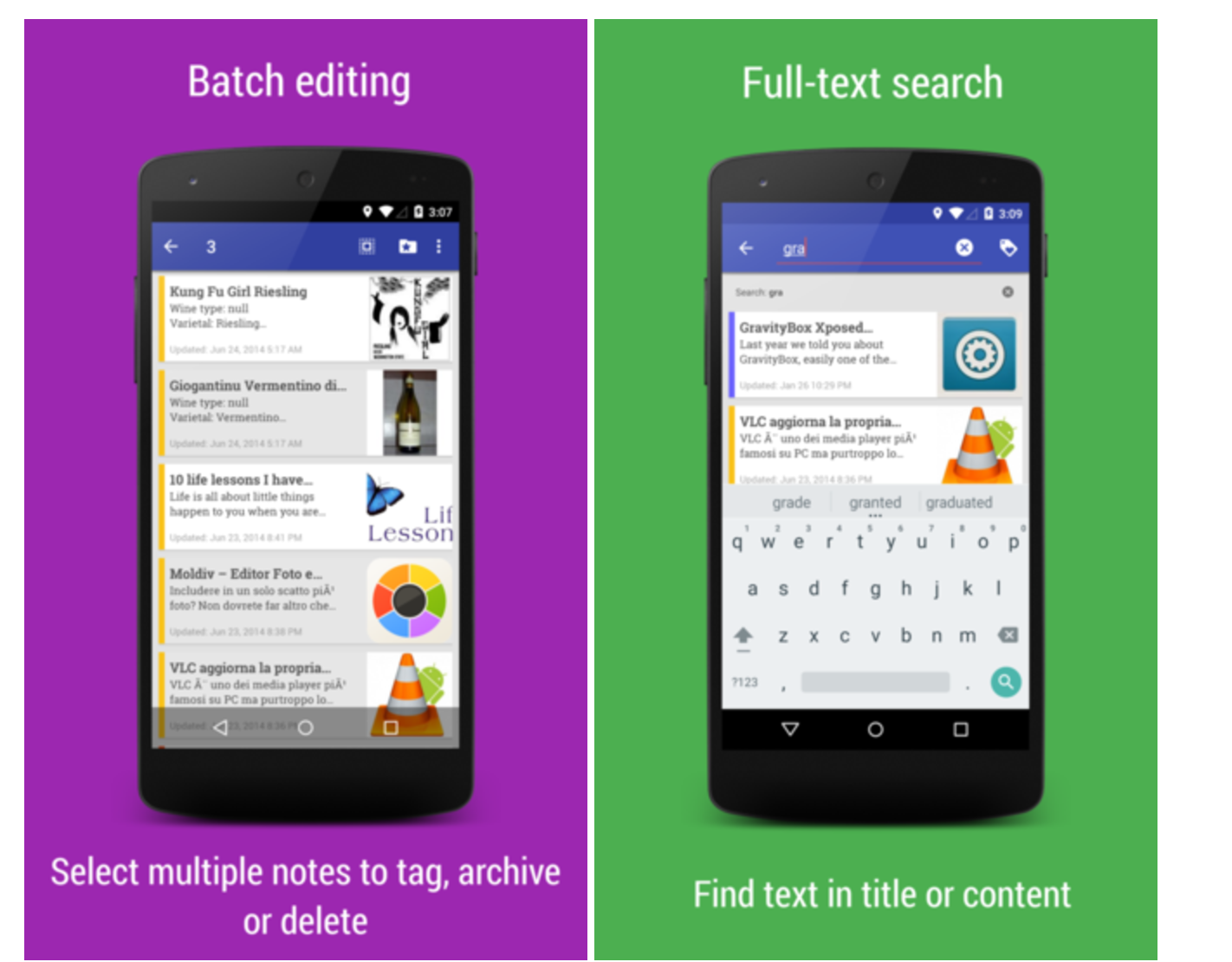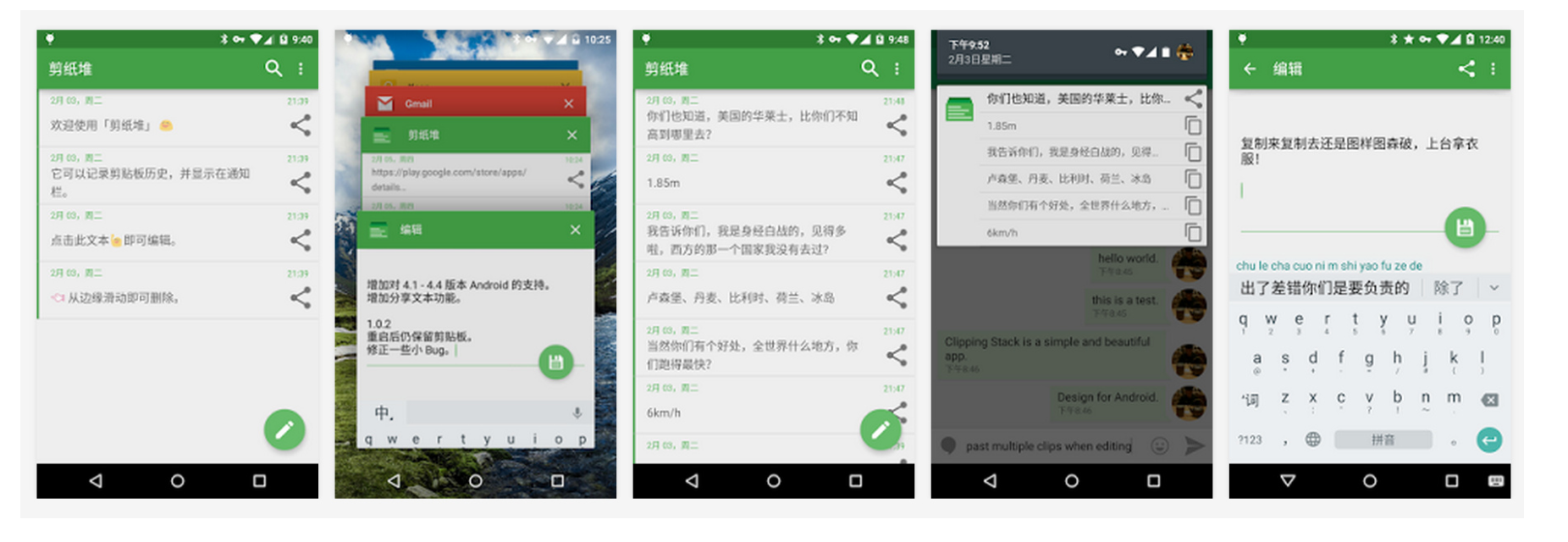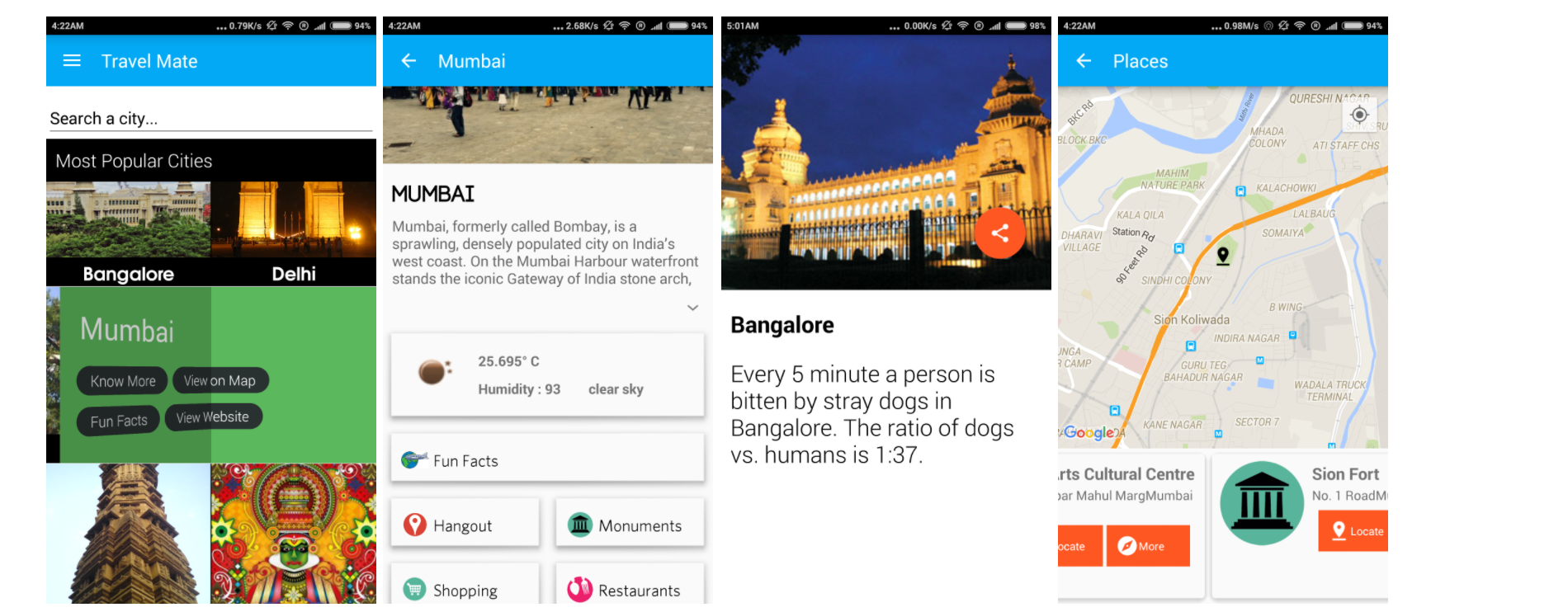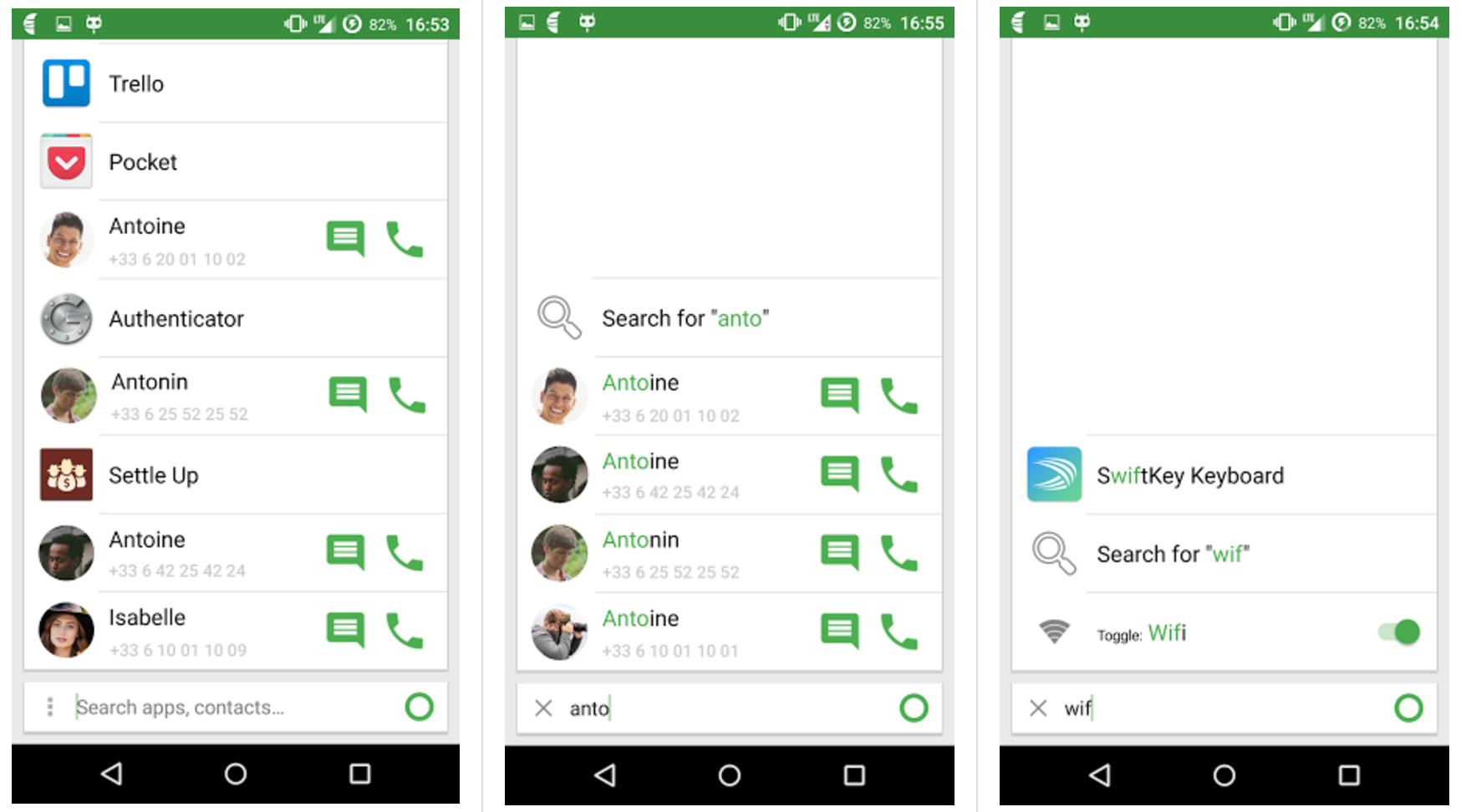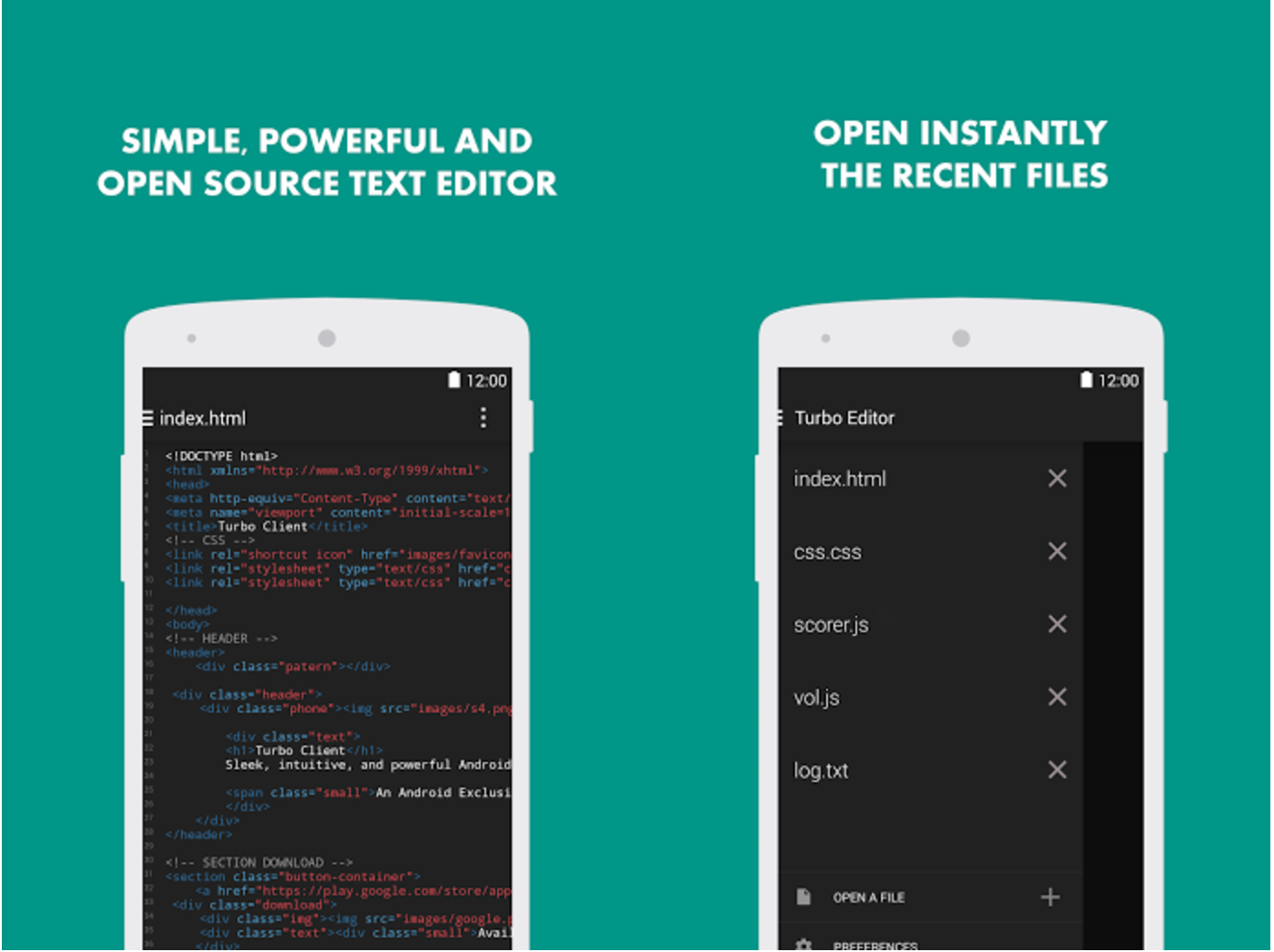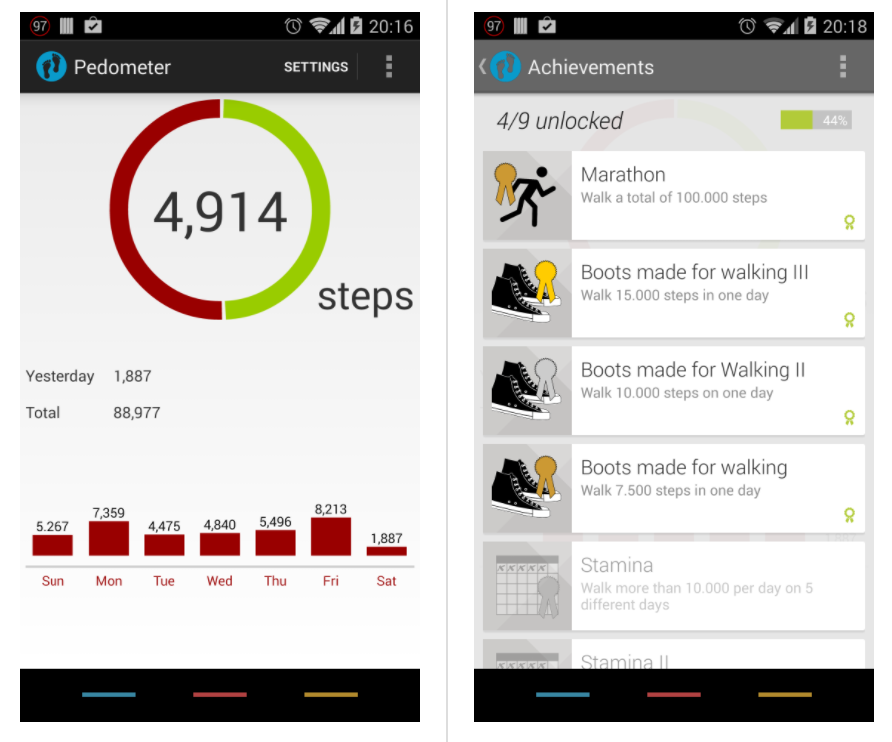The best way to learn is to read. That's just as true for programming as it is for any other subject. If you want to become a better developer, you have to read more code—and often, it should be code that's better than your code. It’s as simple as that.
Books, blogs, forums are all good to a certain extent, but nothing can replace a fully-functional open-source project where the entire app, with all of its resources, is right in front of you.
Below I've assembled a list of the best open-source Android apps, and arranged them by category and genre. You can try these apps directly from the Play Store, for a hands-on experience, before diving deep into the code. The difficulty level attached to each app will help you to judge whether you should instantly dive into the codebase, or try reading something simpler.
LeafPic
(Github | Play Store | Difficulty: Beginner)
Photo and video gallery apps are one of the most common apps that you can find on any Android device. Did you ever wonder how they're made? LeafPic is one of the best open-source gallery apps you can try and study.
It is simple, easy to understand, and perfectly suitable for beginners. One of the best things with this app is the way the developers implemented dynamic theming—something that many Android developers struggle to implement.
Simple Calendar
(Github | Play Store | Difficulty: Beginner)
A simple, and easy-to-use calendar app built in the Kotlin programming language. If you want to learn Kotlin, this is a great way to start.
The code in this app is quite simple, which makes it easier if you're learning a new language. By examining the code from this project you can also learn how to make custom desktop widgets for Android.
Amaze File Manager
(Github | Play Store | Difficulty: Intermediate)
File managers are another extremely common Android app that you'll find on almost any Android device. Although building one might seem straight-forward, it's actually quite difficult to get right across all Android platforms and devices.
You can learn many things this app's code, including how to perform proper file handling on SD cards. But don't follow the coding standards used in this project. This code could be organized a lot better.
Easy Sound Recorder
(Github | Play Store | Difficulty: Beginner)
If you want to learn about audio recording and manipulation in Android, then this simple, easy-to-use, high-quality sound recorder app is the best way to start your journey.
This project is very small, with just a single activity, and simple to understand. Beginners can also learn the basics of material design from this project.
MLManager
(Github | Play Store | Difficulty: Beginner)
Studying the MLManager app manager is ideal for learning how to get detailed information about the installed apps on your device, how to extract APKs from those apps, how to uninstall apps, and more.
The coding standards used in this app serve as a good example to follow. The code can also give you a good idea of how to design clean, simple apps, following the material design guidelines.
PhotoAffix
(Github | Play Store| Difficulty: Beginner)
PhotoAffix is a simple, cleanly designed app that you can use to stitch photos vertically or horizontally. Sounds simple, right? It actually is!
PhotoAffix is ideal for any beginning Android developer who wants to learn the basics of Android development. The coding standards here are top-notch, and the developers have followed best practices.
You will also learn to make some simple, yet useful custom views, which can help you build a foundation so that you can later move on to creating more complex views in the future.
MovieGuide
(Github | Difficulty: Intermediate)
The goal of this app is pretty simple: to list the popular movies, along with associated trailers and reviews. But what makes this project really interesting is the way it has been implemented.
The app showcases some cool development patterns, such as Uncle Bob’s Clean Architecture, RxJava, and dependency injection using Dagger 2.
The app itself is quite simple, but the way in which the developers implemented things is fantastic, and definitely worth a look.
AnExplorer
(Github | Difficulty: Intermediate)
This simple, light-weight, minimalist file manager is designed to run on both phones and tablets.
There are lots of things you can learn from this project about file handling, root management, loaders, custom views, and so on. It's well made and should not take much time for you to grasp what’s happening under the hood.
Minimal ToDo
(Github | Play Store | Difficulty: Beginner)
If you are a beginner, this very simple, yet cool to do project is a great way to get started. Read the code and you'll learn most of the fundamental aspects of Android development.
The app is well designed, and serves as a good starting point for any beginner. But don’t follow the coding standards or package structure of this app.
Timber
(Github | Play Store | Difficulty: Advanced)
Timber is a beautifully designed, fully featured music player for Android. If you ever wanted to build your own music player or music-related app, this is the app for you.
The project is large, and has a very active community. Beginners might find it difficult to grasp everything going on, but the code should interest intermediate and advanced Android developers.
AnotherMonitor
(Github | Play Store | Difficulty: Intermediate)
If you want to learn about monitoring Android processes, memory usage, CPU usage, and other related subjects, then this is the perfect project.
It’s small and easy to comprehend. However, the coding standards aren't great.
InstaMaterial
(Github | Difficulty: Beginner)
This project, which attempts to replicate parts of the Instagram app in material design, is a good project for learning material design, or even for just brushing up on its patterns.
There are tons of material design elements, animations, and transitions in this app that you can learn and implement in your own project. The code is easy to understand, and perfectly suitable for Android developers who want to improve their design skills.
CoCoin
(Github | Difficulty: Easy)
CoCoin is an exhaustive personal finance and accounting app that sports a clean, beautiful UI. Check out it this open source repository to learn how to manage lots of user data properly, draw beautiful charts, and make some cool custom views.
OmniNotes
(Github | Play Store | Difficulty: Intermediate)
Do you want to build a fully-featured note-taking Android app, similar to Evernote? If so, this is the right project for you. It is quite large, and includes many features, such as sharing and searching notes; attaching images, videos, audio, and sketches in your notes; adding reminders, and more.
Another cool thing you can learn from this project is how to seamlessly integrate your app with Google Now.
Clip Stack
(Github | Play Store | Difficulty: Beginner)
This simple, clean, and beautiful clipboard manager app is quite small, and easy to understand as well. On the downside, the package structure, architecture, naming conventions, and coding standards used in this project are not great. But the developers built it in a very simple, beginner-friendly way.
Super Clean Master
(Github | Difficulty: Advanced)
At some point, all Android device users need to clean up junk data residing on their devices. Clean Master is a popular choice for doing that.
Super Clean Master, as the name suggests, emulates most of the features found in Clean Master in a very clean, and elegant way. That said, the overall project is a bit complicated, and you might need to spend some time studying it before you comprehend everything going on here.
Travel Mate
(Github | Difficulty: Intermediate)
Want to build a travel-based app that relies heavily rely on location detection and maps? If so, this project is a good place to start.
While the design and code quality aren't great, the overall app is very good. There's lots to learn here, both for beginners and intermediate-level Android developers.
KISS
(Github | Play Store | Difficulty: Intermediate)
This simple, super-fast, lightweight launcher application for Android has several nifty features you can study. For those who want to build a launcher for Android, this is the best way to start. The app is quite small, and the project is easy to follow.
Turbo Editor
(Github | Play Store | Difficulty: Intermediate)
Turbo Editor is a simple, yet powerful, text editor app. You can also use to write code since it supports syntax highlighting for different programming languages.
I have tried opening large text files that crashed or failed with other apps, but Turbo Editor handled them gracefully. Study the cod in this project, and you'll how to make robust text editors and loaders.
Wally
(Github| Difficulty: Beginner)
Wally is a fast, simple, and efficient wallpaper app for Android. There are tons of things beginners can learn from this project.
The architecture of the app is quite good, which makes it easy to expand and maintain. While its goal is simple, the approach the developers have taken to accomplish the goal is comprehensive.
Pedometer
(Github | Difficulty: Beginner)
This simple, light-weight pedometer app uses a hardware sensor to calculate the number of steps the user has taken, with almost no impact on the battery performance of the device.
This is a good project for learning how to access pedometers and other sensors. However, I don't recommend following its coding standards.
Time to start reading
The open source Android apps above provide great code examples to help you get started, or to improve your coding, for many different categories of apps. So pick your choices, and start reading. Don’t forget to bookmark each for reference, and share them with your fellow developers. And be sure to follow the repositories of your favorite projects from this list.
Keep learning
Take a deep dive into the state of quality with TechBeacon's Guide. Plus: Download the free World Quality Report 2022-23.
Put performance engineering into practice with these top 10 performance engineering techniques that work.
Find to tools you need with TechBeacon's Buyer's Guide for Selecting Software Test Automation Tools.
Discover best practices for reducing software defects with TechBeacon's Guide.
- Take your testing career to the next level. TechBeacon's Careers Topic Center provides expert advice to prepare you for your next move.

